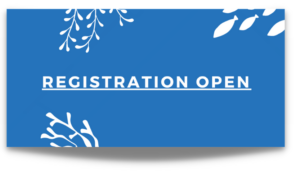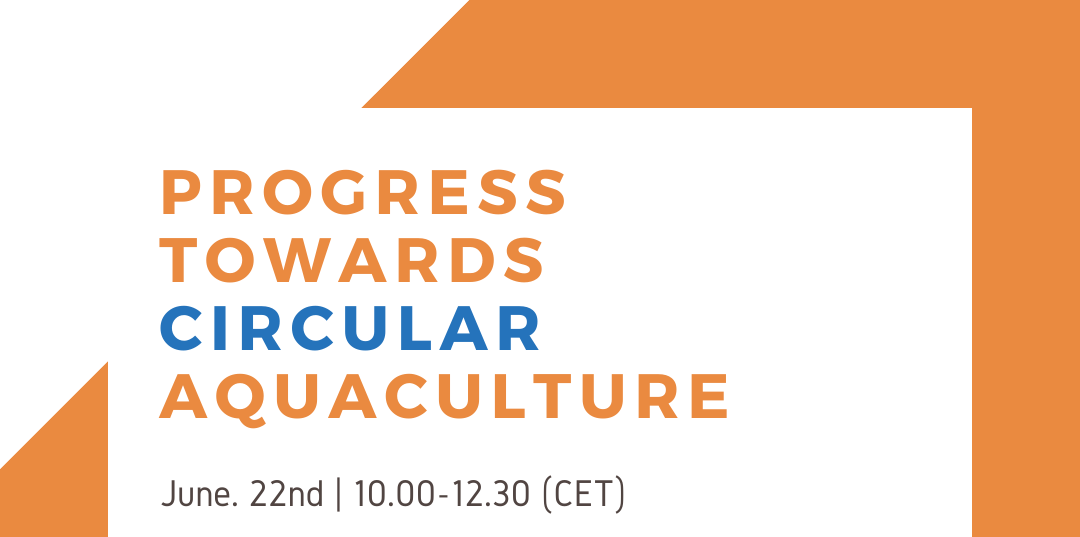
What progress has been made towards circularity in the aquaculture industry?
How can it be assessed in the context of sustainability, and what barriers stand in the way of circular practices becoming the norm?
Through the actions undertaken in the GAIN, IMPAQT, and iFishIENCi Horizon 2020 Projects, we will explore how circularity concepts are helping to advance and improve outcomes for the aquaculture industry.
Featured Speakers
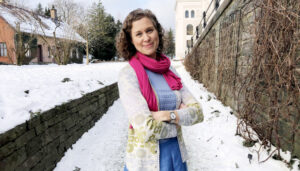
Dorothy J. Dankel
Session chair Dorothy J. Dankel has a Ph.D. in Fisheries biology and management from the University of Bergen (UiB) and is a transdisciplinary researcher with expertise in Responsible Research and Innovation (RRI) in marine science in the Department of Biological Sciences at UiB. She has been a research fellow at the University of Massachusetts, Dartmouth, School of Marine Science and Technology (SMAST) and the International Institute for Applied Systems Analysis (IIASA) in Austria and the Centre for the Study of the Sciences and the Humanities at the University of Bergen. Dankel is the Vice-Chair of the Nordic Marine Think Tank (www.nmtt.org) and a member of the ICES Expert Group on Maritime Systems (WGMARS). Dankel is currently Associate Editor of the Journal of Fish Biology, Politics and the Life Sciences and Aquatic Living Resources. She is a Work Package leader and RRI Champion in the Research and Innovation Action H2020 project iFishIENCi.
twitter: @dorothydankel
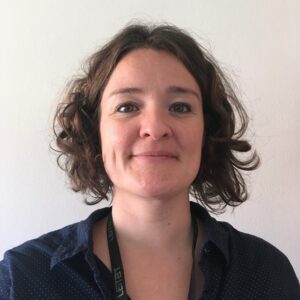
Inma Sánchez Cantero
Inma Sánchez Cantero graduated in Environmental Science, and MSc in Environmental Engineering from the University of Santiago de Compostela. For the last 10 years, she has been working on sustainability assessment tasks, and more specifically on the application of Life Cycle Assessment and Carbon Footprint. Moreover, she has collaborated with companies and governments in Latin America to implement environmental projects regarding waste management, sustainability indicators, and international certifications. She is currently working as a senior researcher at the Circular Economy Department of LEITAT, where she participates in H2020 projects including iFishIENCi and IMPAQT, developing circularity analysis, looking into strategies for circular business models and circular assessment in the aquaculture sector.
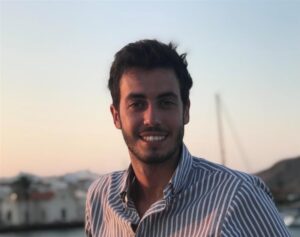
Daniel Checa Alias
Daniel Checa Alias graduated in Environmental Science from the Autonomous University of Barcelona. He has participated in national and international projects of sustainability applied in products and services including IMPAQT and iFishIENCi Projects. He has experience in Life Cycle Assessment, Process Intensification, and Energy Efficiency.
He has also been involved in European Projects focused on the implementation of circular economy in the housing sector, aquaculture sector, and innovative battery cells development. He is currently working as a Junior Researcher at the Circular Economy Department of LEITAT, being involved in LCA, eco-design, and energy efficiency.
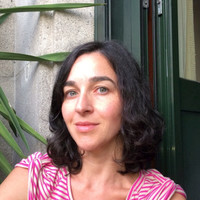
Martiña Ferreira
Martiña Ferreira is a biologist and Ph.D. from the University of Santiago de Compostela (Spain). She is a research officer and project manager in the aquaculture field in ANFACO-CECOPESCA. Some of the recent and current projects she has been involved in deal with different aspects of aquaculture production and sustainability: of oral vaccines and natural antiparasitic feed additives for rainbow trout, enhancement of opportunities for the industrial exploitation of microalgae, and more recently, bivalve culture and more recently, seaweed cultivation. In GAIN project, she is involved in the valorisation of dissolved nutrients in aquaculture wastewater through seaweed cultivation and in the analysis of regulatory aspects related to the full implementation of circular economy principles in EU aquaculture.
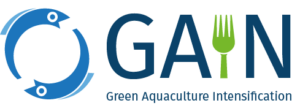
Silvio Cristiano
Within a larger interest in sustainability science, Dr. Silvio Cristiano addresses the potentials and limits of efficiency and resource recirculation both theoretically and practically. After applying such topics to urban metabolism, engineering physics, and architectural design in several international research and cooperation projects, in the past years he has focused on food chains, including aquaculture. In this session, Silvio will present the results of the environmental accounting assessment of selected innovations for by-product reuse and valorisation within Horizon 2020’s project GAIN – Green Aquaculture INtensification in Europe.
